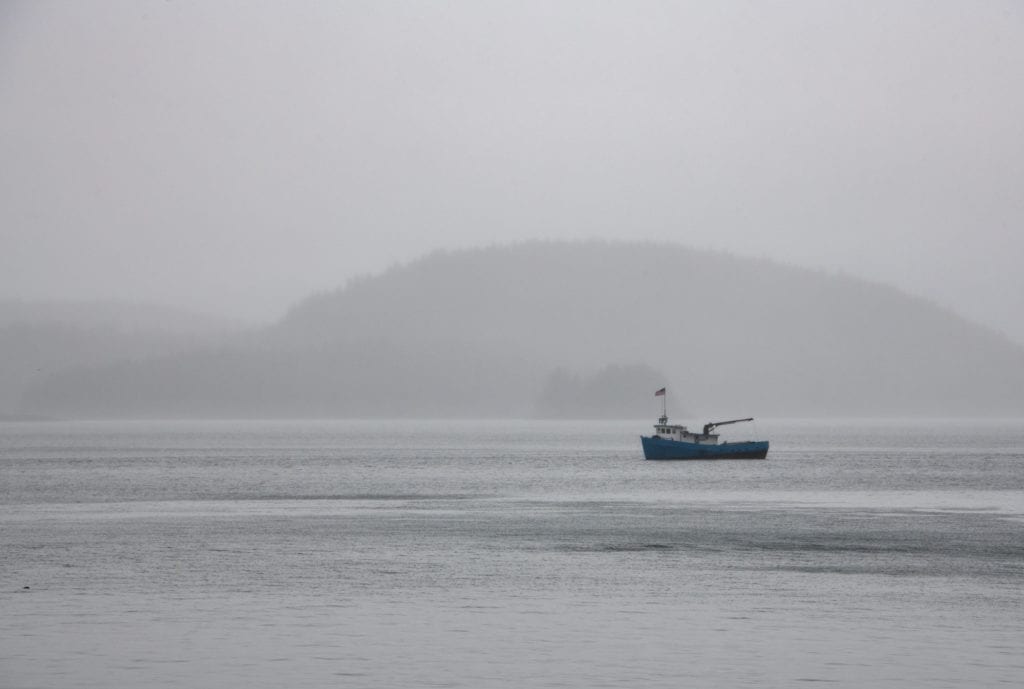
Results of a survey released by the non-profit SalmonState identify lost income due to the COVID-19 pandemic as a leading concern among Alaska’s commercial fishermen.
The survey, conducted from April 14 through May 3, also identified stopping the spread of the COVID-19 virus and habitat destruction associated with the proposed Pebble mine among the top three concerns.
“When the coronavirus first started to appear in the U.S. and seafood markets crashed, we were having conversations with lots of fishermen around the state trying to assess the impacts on Alaska’s fishing industry and particularly small boat owner operator businesses who live and operate in Alaska’s rural communities,” said Tyson Fick, a Southeast Alaska harvester and associate at SalmonState. “We quickly realized that the impacts from COVID-19 were so tremendous that we needed to design and launch a survey to get a handle on what fishermen were experiencing and needing.”
The 779 Alaska fishermen responding to the survey included permit holders, crew members or individual fishing quota owners.
Before the virus became pandemic the major concerns of fishermen were fish prices, the proposed Pebble mine and climate change. After the virus began spreading, the primary concerns became loss of income, preventing the virus from spreading in coastal communities, and bad policy decisions involving regulatory decisions and the Pebble project while fishermen were otherwise distracted by other concerns.
The survey showed that fishermen are guarding against negative impacts of the virus by doing more work with less time and resources, and some indicated they would look for jobs in other areas. Twenty-six percent indicated they would fish with fewer crew.
By far the most common response for how emergency relief funds can best help fishermen was “direct funds to affected fishermen.”
Debt was another common response with debt consolidation and forgiveness getting 33 percent and 29 percent of responses respectively.
Fick said that SalmonState hopes decision makers at the local, state and federal levels will keep these results in mind as they distribute emergency funds and consider more ways to support Alaska’s fishermen.





